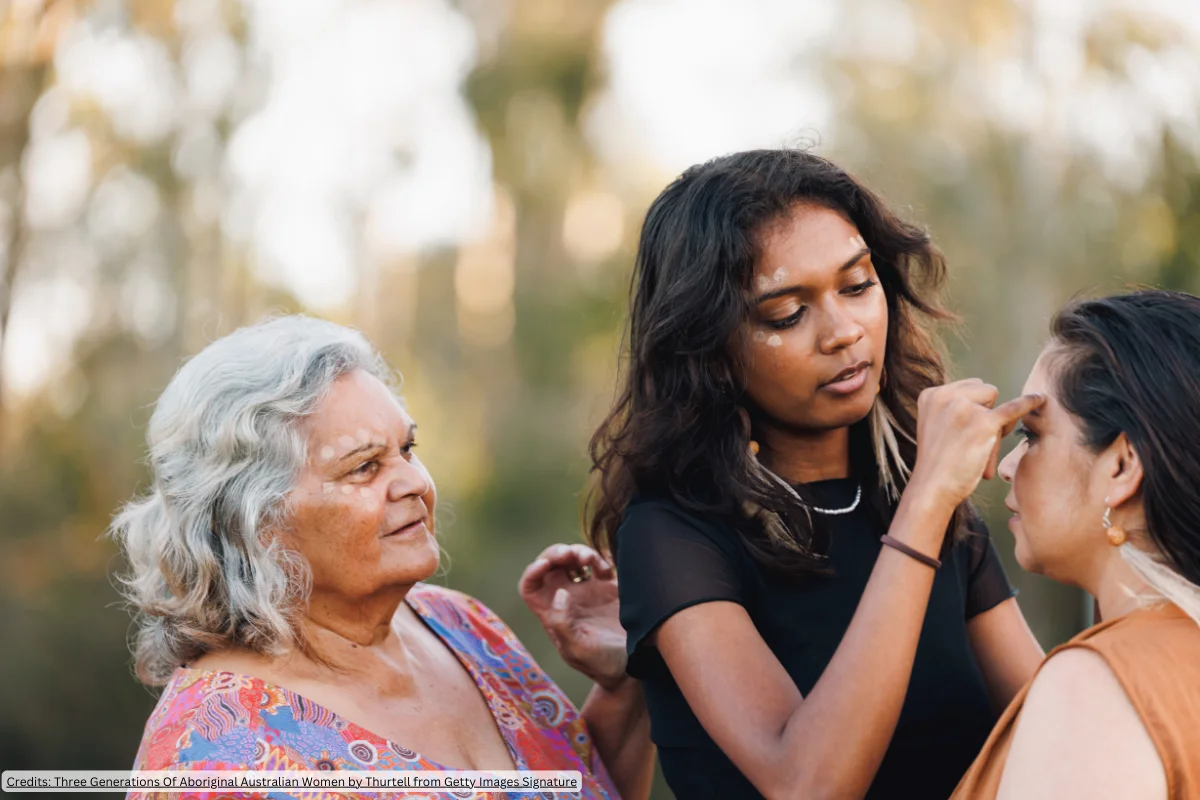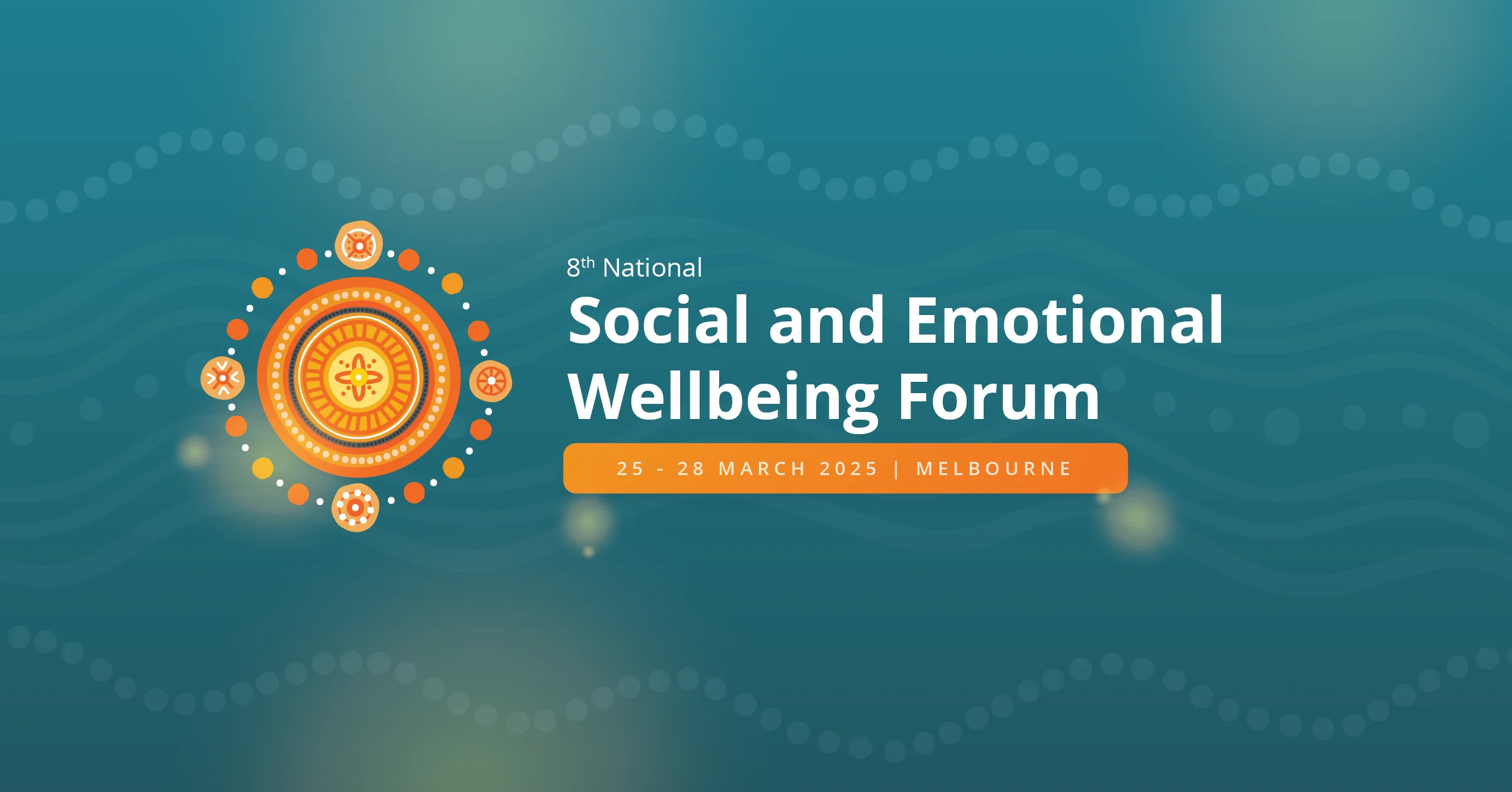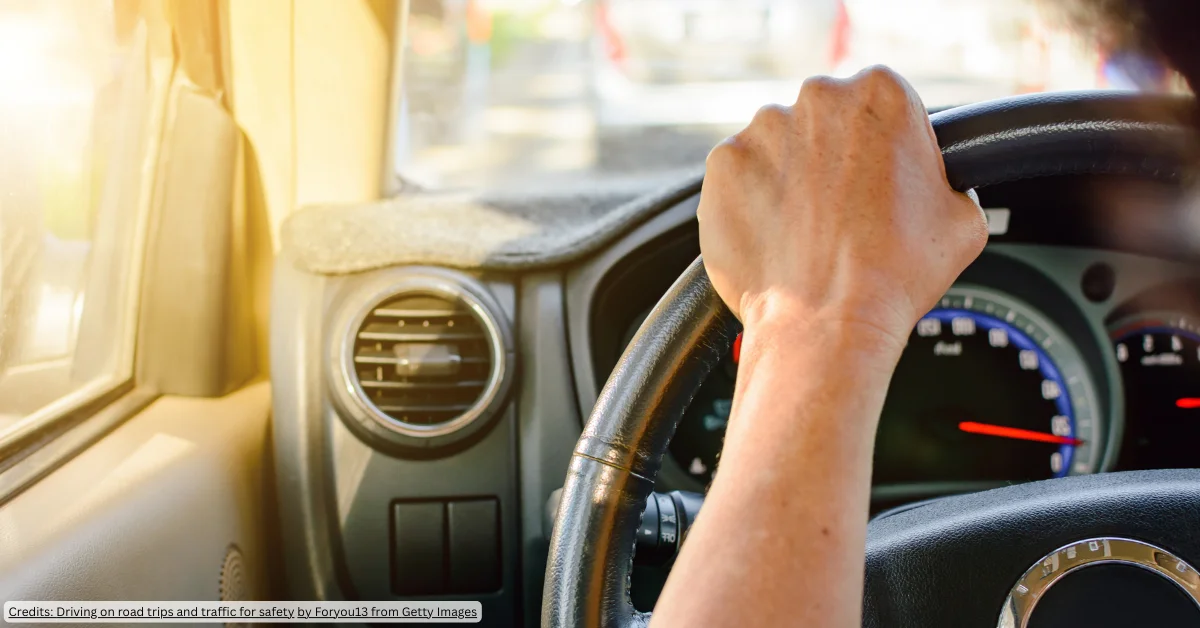One in four ‘doing it tougher than ever before’ amid calls for more support to address the cost-of-living crisis.
New research into the impacts of the cost-of-living crisis reveals more than one in four Australians are doing it tougher now than ever before and are struggling to pay for the essentials (27%). The research conducted by leading charity Good360 Australia, found South Australians (34%) and Queenslanders (30%) are struggling the most with the cost-of-living.
According to the research, nearly one in six say they are using credit cards to get by (15%) and nearly one in ten (8.5%) have either sought help from a charity or are considering seeking charity support due to the cost-of-living crisis.
The research also highlights that many Australians believe governments and businesses should be doing more to help address the cost-of-living crisis. Nearly half (46%) say governments could be doing more to ease the impact on people and communities, while a third (32%) feel that businesses could be doing more.
The research comes as community demand for non-food aid has reached record levels. Good360, which redirects new, unsold essential goods such as clothes and furniture to people in need, has seen a 400 per cent increase in charities seeking support compared to the same time last year and has already distributed over $5 million worth of household items in 2024.
Related: Two million hygiene products donated to help Australia’s vulnerable
Alison Covington AM, Founder and Managing Director of Good360 Australia highlighted that it’s important to remember the community needs ‘more than just food’, and that the urgent situation calls for collaborative action between governments, retailers and charities to help those Australians in need.
“The cost-of-living crisis is placing increasing pressure on people already struggling, with more and more people finding it hard to get by and turning to charities for support.”
Covington added that a staggering $2.5 billion of unsold household goods such as clothes, furniture and personal hygiene goods are unnecessarily going to waste each year.
“These are essential, everyday items needed for a dignified life,” said Covington.
Covington added that there’s much more that needs to be done and while governments fund the delivery of surplus food to Australians doing it tough, there are millions of Australians who cannot afford essential household items and need support to get through each day.
“We know that waste in the retail sector is an issue keeping many executives up at night,” said Covington.
“Governments, retailers and charities need to work together and get smart about these challenges. Instead of letting mountains of essential household goods go to waste, let’s get them to Australians who really need them,” Covington concluded.












